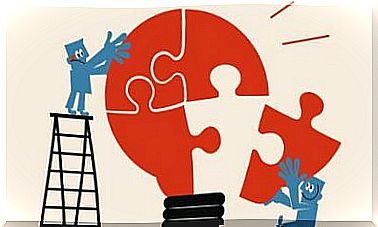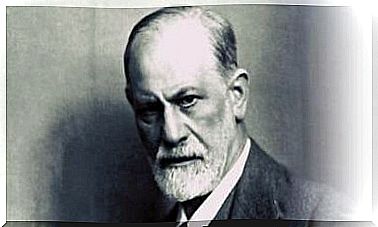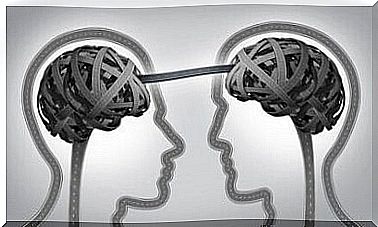Can The Brain Resurrect Without The Body?
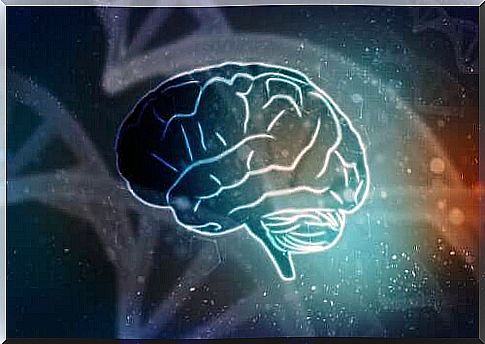
The brain cannot be transplanted, or at least not yet. It is the “operation center” of our organism, and it is from it that many of the conscious and unconscious functions we perform arise. However, recent studies have begun to question whether the brain can have a life of its own after the body’s activity stops. After all, can the brain be resurrected?
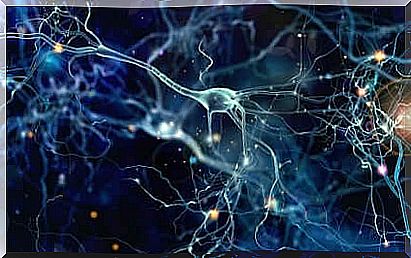
Neurons stay alive for some time after death
A survey carried out by laboratories in Berlin and several centers in the United States studied the activity of neurons in people with irreversible brain damage and in those who had their breathing stopped a few moments before.
In other words, they were people who were clinically dead. Scientists observed that, as expected, the neurons stopped working due to lack of oxygen.
However, what was surprising was to observe that even without oxygen, neurons maintained a certain activity (called dispersal depolarization) that lasted for a similar time without causing irreversible damage to the neurons. Later, they entered a critical situation in which the damage became irreversible.
This indicates that neurons maintain survival even in the absence of oxygen for a very long period of time, despite the EEG recordings showing no signs of brain activity and the heart being stopped forever.
This information invites us to reflect on the limits of life after death.
Can the brain be resurrected outside the body?
New research published in the journal Nature has managed to keep pigs’ brains out of their bodies alive. The researchers removed and isolated the brains of pigs that had been sacrificed and, after four hours outside the body, placed them in a system that allowed them to maintain nutrients and oxygen through cerebral blood vessels.
Six hours after this action, they observed that the neurons regained their metabolic functions, consumed sugar, and the immune system started working again.
Later, they were even able to electrically stimulate the neurons and they regained their ability to communicate with each other.
Would it be possible to resuscitate the brain after a cardiorespiratory arrest and, indirectly, regain bodily activity? Could we be on the verge of making brain transplants viable in the future?
A fascinating aspect was observing that the behavior of neurons in the brain was not simultaneous. This would indicate that the neurons acted autonomously independently of selective stimuli, that is, the recovery of a certain “consciousness”.
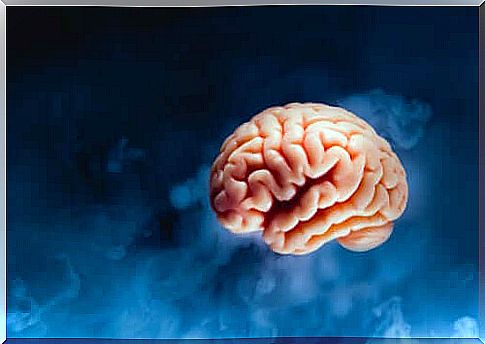
The ethical debate is open
The researchers shut down brain activity after completing six hours for ethical reasons. Their intention was not to obtain a resurrection of consciousness, but to obtain a complex study model on which they could analyze the effects of drugs and other treatments on brain activity.
However, these events started a debate about where consciousness begins beyond the individual’s death. In most countries, a person is legally dead when their heart and lung activity ceases.
The brain needs a considerable amount of oxygen, blood and energy, so its resurrection is considered unfeasible so far.
Would it be possible to resuscitate the brain after a cardiorespiratory arrest and indirectly regain bodily activity? Are there more possibilities to find out how to perform brain transplants in the future? These fascinating questions are now open to debate…

